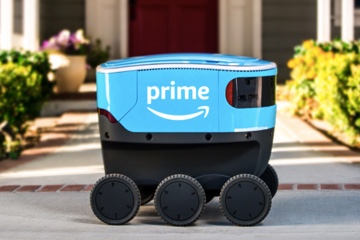Lou
Forum Legend
in my town we never had the scooters and lost the bikes during the pandemic.Once auto-piloted cars become the norm, I imagine scenarios like this will pop up.
In our city we have electric scooters, electric bikes and standard bikes all available for hire.
A fleet of AI-driven cars makes a lot of sense. It would be like a driver-less Uber I guess.
When I visit San Francisco or San Jose - I see both.



